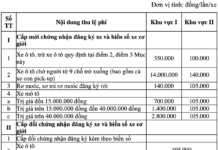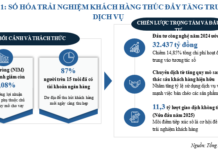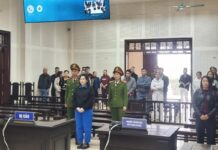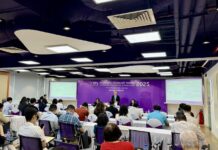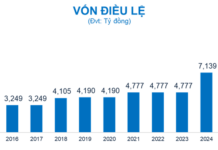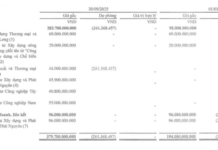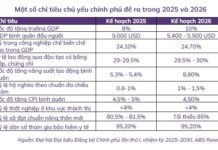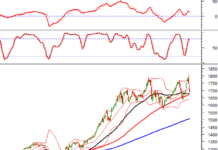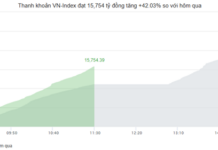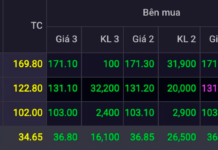The Ministry of Finance is seeking public input on a draft decree outlining financial policies for international financial centers in Vietnam.
Regarding tax policies, priority development projects within international financial centers are proposed to enjoy a 10% corporate income tax rate for 30 years. The maximum tax exemption period is four years, followed by a 50% tax reduction for up to nine subsequent years.
For non-priority projects, the tax rate is set at 15% for 15 years, with a maximum tax exemption of two years and a 50% tax reduction for up to four subsequent years.
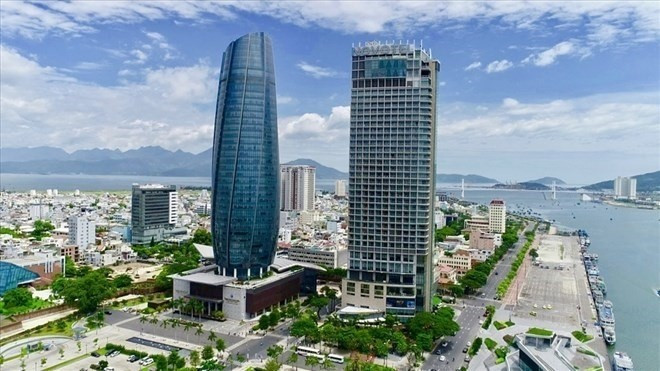
Proposed tax exemptions for high-quality enterprises and talent at international financial centers.
For personal income tax, the draft decree stipulates that managers, experts, scientists, and highly skilled professionals working at international financial centers (both Vietnamese and foreign nationals) will be exempt from personal income tax on salaries and wages earned from their roles at these centers until the end of 2030.
The tax exemption period is calculated continuously from the month the income is generated. If income arises within a month, the exemption period is rounded up to the full month.
Individuals earning income from the transfer of shares, capital contributions, capital contribution rights, stock options, or rights to purchase capital contributions are exempt from personal income tax on such earnings until the end of 2030.
In cases where an individual sells their entire business through capital transfer, including associated real estate, they must declare and pay personal income tax in accordance with real estate transfer regulations.
Corporate and personal income tax matters not addressed in the decree will follow existing tax laws and regulations.
Previously, the National Assembly adopted a resolution to develop international financial centers in Vietnam, effective from September 1st. The resolution aims to establish financial hubs in Ho Chi Minh City and Da Nang, with unified management mechanisms and localized product development based on each city’s strengths.
The Ho Chi Minh City financial center is envisioned as a capital market hub, focusing on asset management, investment funds, insurance, financial products, and derivatives. It will also pilot a regulated fintech sandbox. The goal is to create industry clusters that attract capital, technology, and talent from major financial institutions.
Gold Transaction Taxation: A Comprehensive Guide
Gold transactions should be taxed on profits rather than on the value at the time of sale. This approach ensures a fairer taxation system, aligning with the actual gains realized by investors.





